#heycoral
Text
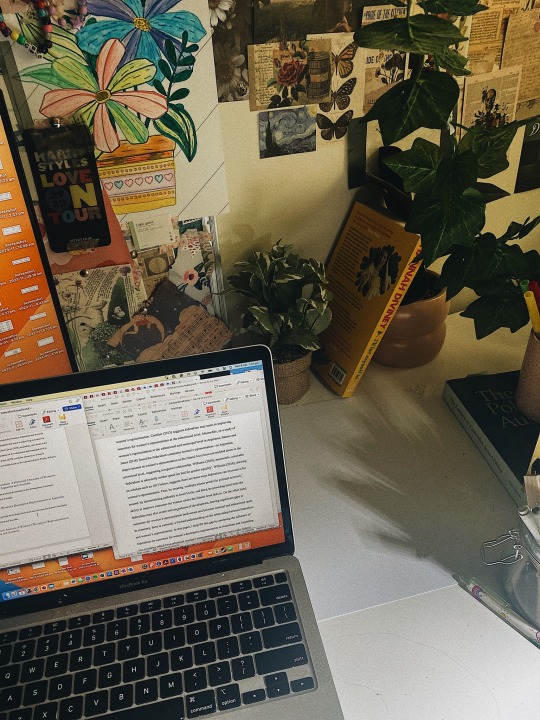
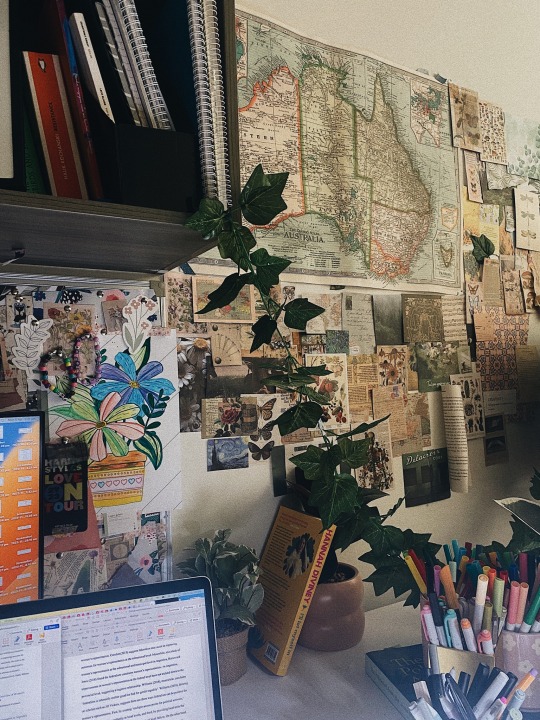
08.04.2024—me actually studying in the day *collective gasp*
#studyblr#studyspo#study notes#study motivation#bullet journal#study blog#athenastudying#stationery#studying#study#hey colossus#heydija#heydel#heydeguy#heycazz#heycoral#light academia#chaotic academia#heyxmissxjude#heynesi#heymeraki#heyaynaz#heyzainab#heysucculent#productivity#university#college#study spaces#heyimbee#heyosh
564 notes
·
View notes
Text
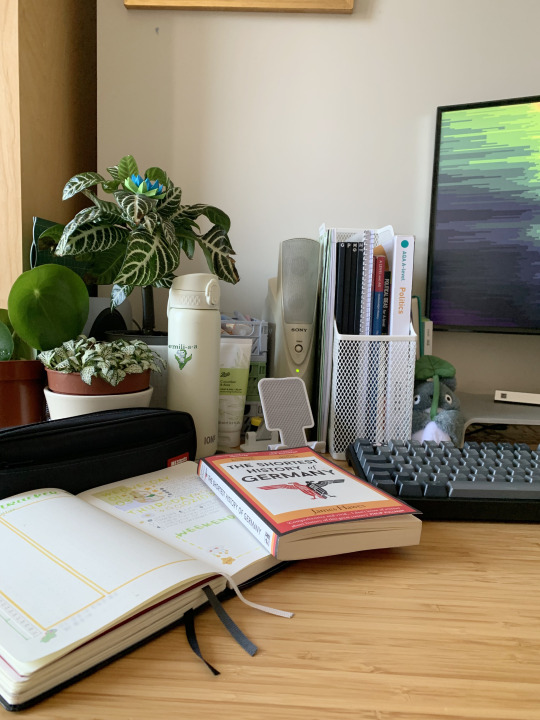
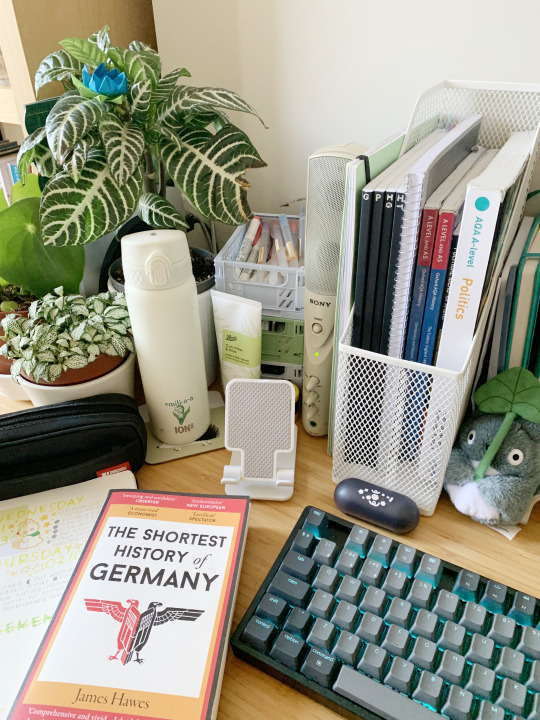
03.03.23
re-organised my desk again lol, trying to keep everything super tidy atm so I feel more motivated :)
#study#study with me#studyspo#study space#emili-a-a#heysareena#studyblr#itshannyb#heypat#heynesi#sensiblestudy#artofstudyblr#studyingja#study aesthetic#study motivation#notes#studying#heycoral#heyidnia#studyvan#myhoneststudyblr#medustudies#heyzainab#bujo#bujo inspo#journal inspo#learnelle#gloomystudy#historyblr#langblr
1K notes
·
View notes
Text




11th of november,
slowly making my way through anna karenina and enjoying the autumn colors 🍁
#studyblr#literature#study#studyinspo#studyblr university#study with me#studygram#university#books#heyvan#heyzainab#heyreva#heycoral#heypat#heyfox#heyara#heysaher#problematicprocrastinator#myhoneststudyblr#langblr#huitingreads#studylustre#emmastudies#jeonchemstudy#athenastudying#tbhstudying#adelinestudiess#academia#light academia#anna karenina
2K notes
·
View notes
Text

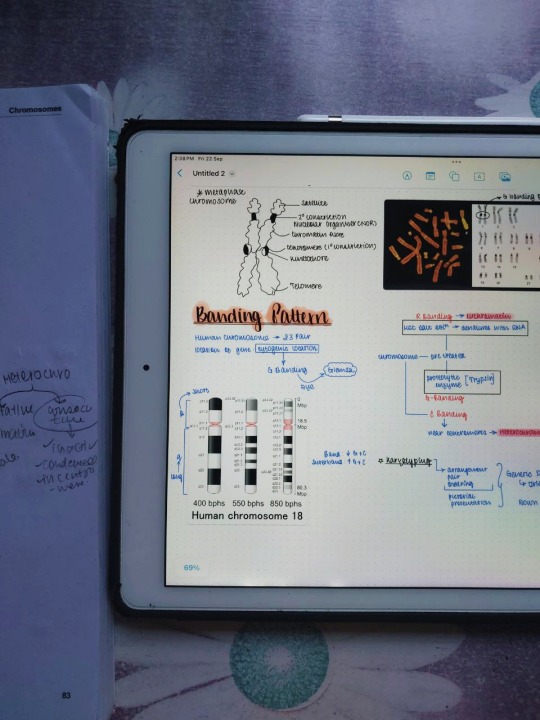

12/25 days of productivity
Completed practical file for tomorrow as well as notes of unit "Chromosome". I had saved some money for my friend's birthday but as I'm far away from her, I ordered food directly to her hostel, she was very thrilled 😄💕
Study Time : 2.5 hours
#original#25 dop#stem academia#chaotic academia#heypeachblossom#studyblr#problematicprocrastinator#chazzastudiesalevels#heydilli#heygather#biochemistry#genetics#digital notes#meestudies#linksstudyblr#heychemblr#heychenleyah#heycoral#heyjulissa#heyfio#heyzainab#heysaher#100 dop#productivity#motivation#food#myhoneststudyblr
210 notes
·
View notes
Text
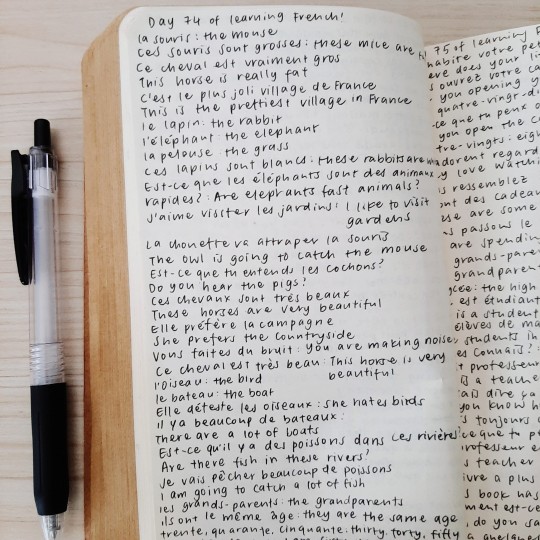
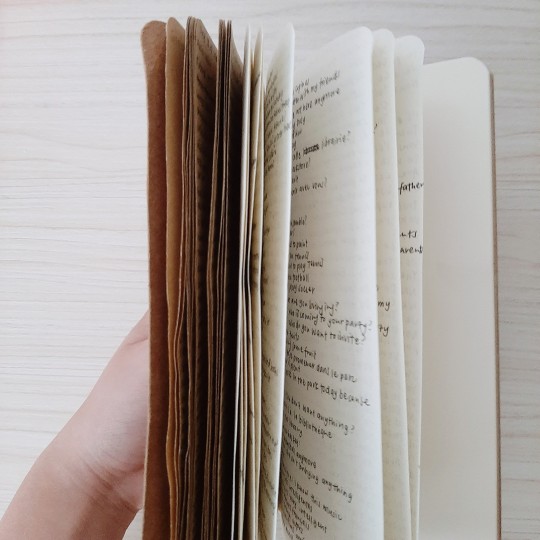
My studygram
More french notes!!
#notes#aesthetic#motivation#studyblr#studyspo#study#studygram#light academia#light academia aesthetic#french#frenchnotes#gloomstudy#heycoral#studyvan#myhoneststudyblr
1K notes
·
View notes
Text
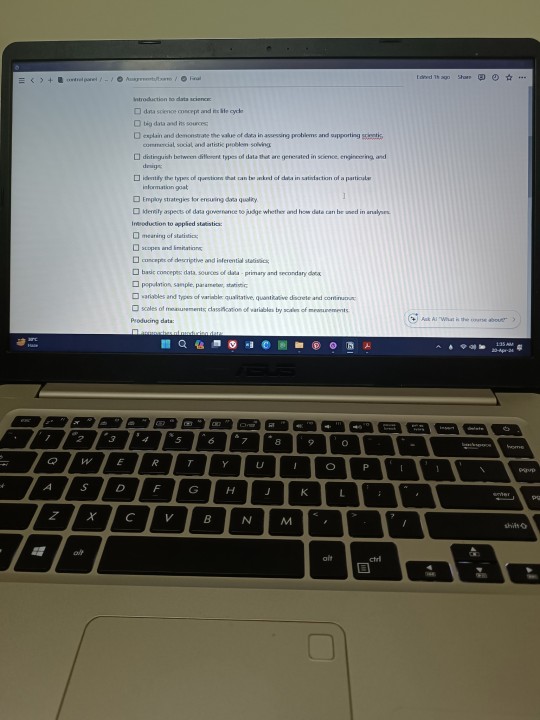
101 study plan on notion
Finals Diary I Day 2-3
19-20 April, 2023, 30 hours to d-day
Yesterday wasn't fairly productive. I finished 7 outta 40 lectures and have less than 36 hours till the exam. Hopefully today is better. ( Because it has to)
Done:
Measures of Association revision
Regression analysis revision
Today's To-do:
Measures of Distribution
Bivariate Analysis
Previous Question Solving
Review problems
Figure out exam fit
Tag me --) #altinstudies
#altin posts#studyblr#studyspo#study motivation#study inspiration#study hard#study aesthetic#study#studying#heycoral#heysage#heyfrithams#problematicprocrastinator#somuchtostudysolittletime#myhoneststudyblr#astudentslifebuoy#heyzainab#studystudystudy#100 days of studying#100dop#100 days of productivity#data science
23 notes
·
View notes
Photo
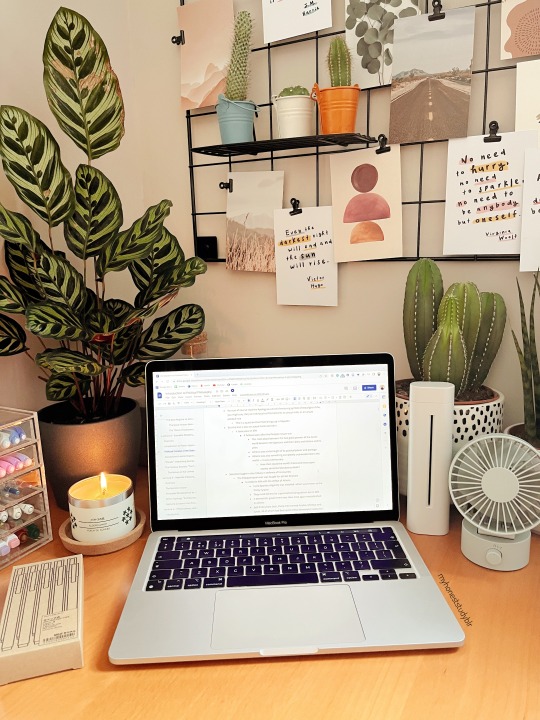
19|08|2022
i’ve been surprisingly productive these past couple of days! i hope i can keep up this momentum ready for uni starting!
#my notes#studyblr#study motivation#study notes#studying#my desk#desk goals#desk decor#study aesthetic#light academia#dark academia#stationery#uk studyblr#bulletnotestudies#medustudies#gloomstudy#adelinestudiess#stuhde#heycoral#problematicprocrastinator#lattesforlaura#hiyatranquil#studyvan#studywitha#heyfox#studyquill#emmastudies#tbhstudying#heysareena
537 notes
·
View notes
Text
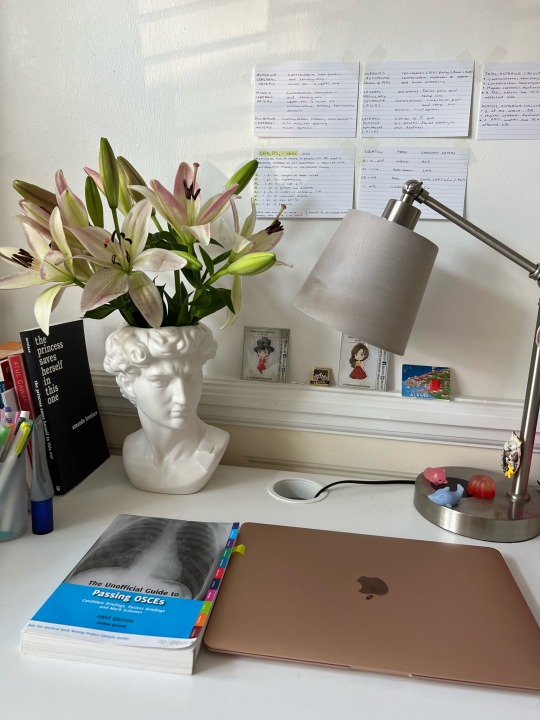
Today will be a productive day and I’m looking forward to starting it with osce prep
#medspo#studyblr#studying#studyspo#new studyblr#notes#university#athenastudying#med school#einstetic#studyvan#medblr#heypeachblossom#medical student#heycoral#heyzainab#heymarvell#heyrylie#captainofstudies#serendistudy#heyvenustudy#heycazz#heyharri#osce
519 notes
·
View notes
Text
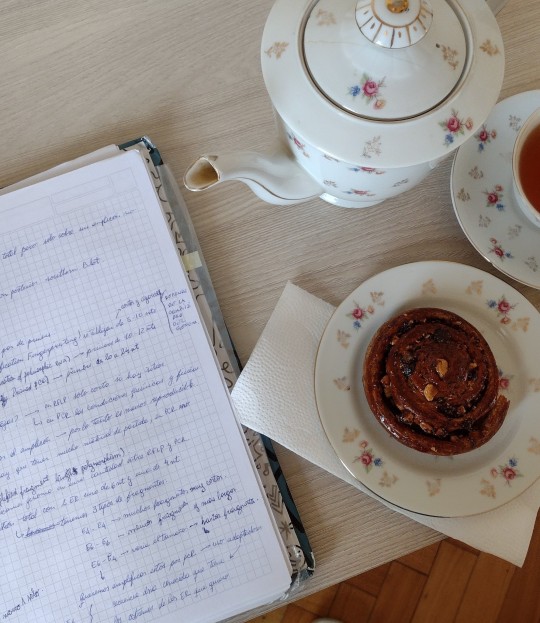
The yummiest pastry I've have ever had! Chocolate and hazelnut roll!
La cosa más rica que he comido! Un roll de chocolate y avellanas estaba demasiado bueno!
#studyblr#tw food#spanish studyblr#studyblr en español#studyblresp#heypat#noodledesk#studyquill#adelinestudiess#study#problematicprocrastinator#myhoneststudyblr#heycoral
155 notes
·
View notes
Text
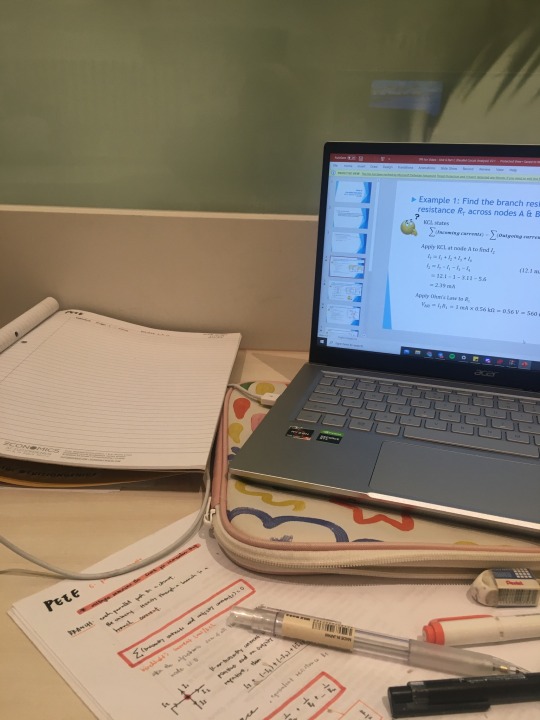
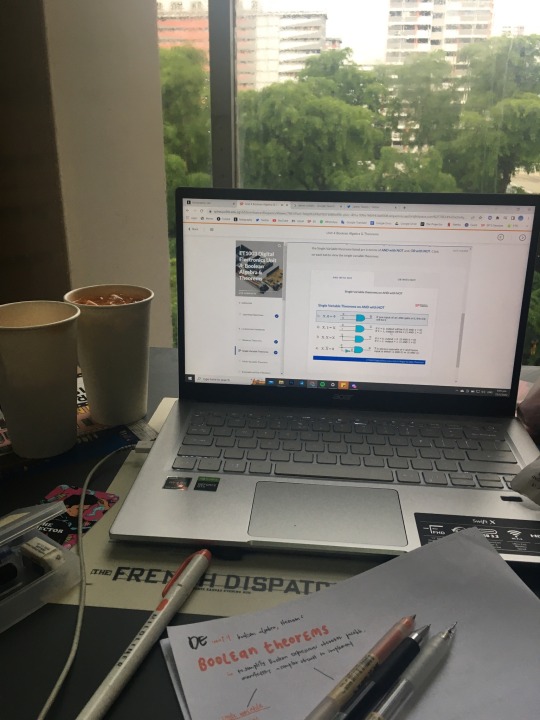
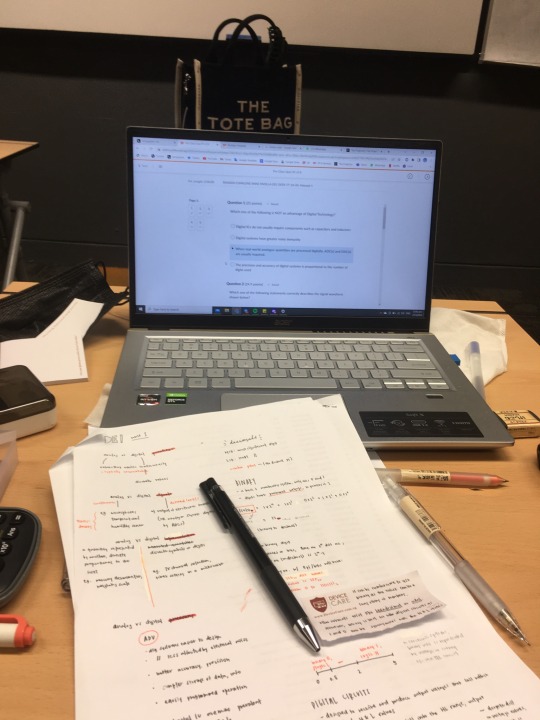
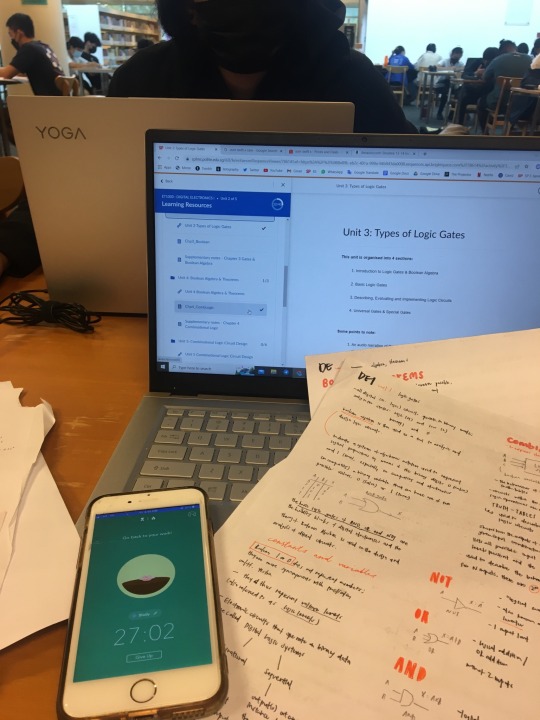
snippets from my first term finally back to school!
#so happy to be back studying again#i get to learn new things and also revisit practicing maths again which i always enjoy#genuinely excited to take in everything this diploma course has to offer#studyblr#studyspo#studyspiration#study#motivation#muji#doubt i will be going back to studygram but i might lurk around on studyblr!#new mutuals and friends would be nice <3#obsidianstudy#studyvan#heycoral#cee's
672 notes
·
View notes
Text
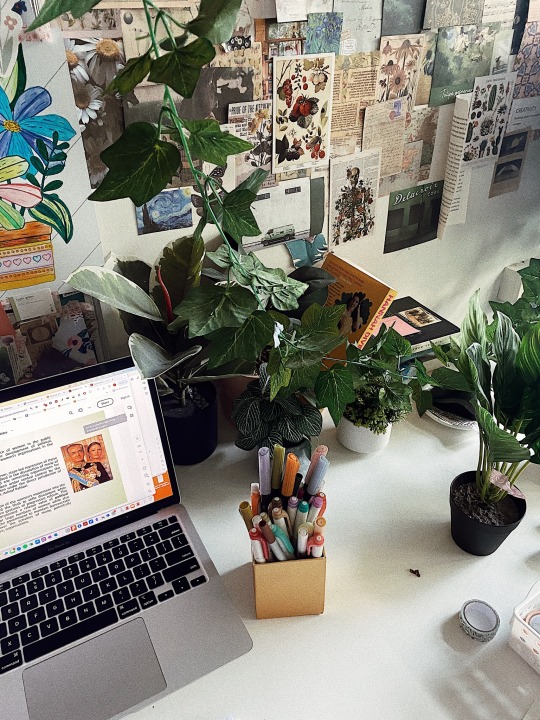
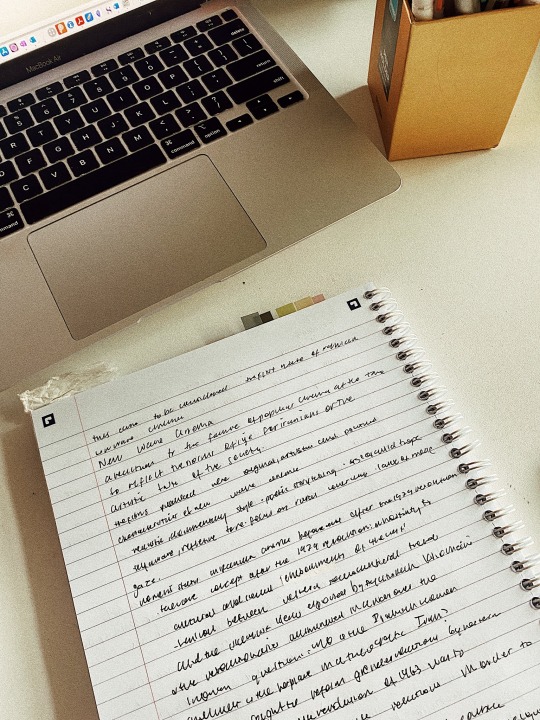
28.02.2024—as if it’s almost the end of February
#studyblr#studyspo#study notes#study motivation#bullet journal#study blog#athenastudying#stationery#studying#study#heybeliada#heydeguy#heychenleyah#heycoral#heybirb#productivity#college#university#deskspo#study spaces#heydija#heyxmissxjude#heyfsc#heychemblr#heyindia#plants#heyaynaz#heyastudier#heyaltin#heyaestudier
605 notes
·
View notes
Text

12.12.22
I wouldn't be here today if it weren't for mindmaps man
#study#study with me#studyspo#study space#emili-a-a#heysareena#studyblr#itshannyb#heypat#heynesi#sensiblestudy#artofstudyblr#studyingja#study aesthetic#study motivation#notes#studying#heycoral#heyindia#studyvan#myhoneststudyblr#medustudies#heyzainab#bullet journal#bujo#bullet journal inspiration#bujo inspiration#journal inspiration#learnelle#gloomstudy
2K notes
·
View notes
Text

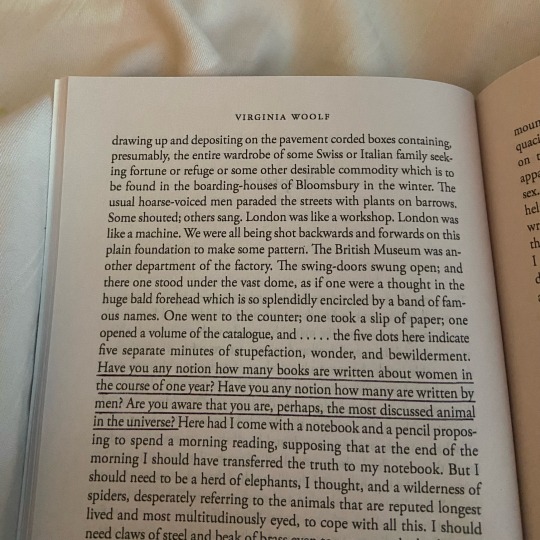
26th of april,
virginia woolf bewitched me with her writing and there is no going back 🫶🏼
#studyblr#literature#study#studyinspo#studygram#university#books#spanish literature#serendistudy#heypat#heyvan#heycoral#problematicprocrastinator#myhoneststudyblr#bookblr#bookstagram#dark acadamia quotes#light academia#academia#virginia woolf#book quotes#book recs#emmastudies#athenastudying#booktok#booklover#bookaholic#book recommendations#book review#a room of one's own
660 notes
·
View notes
Text
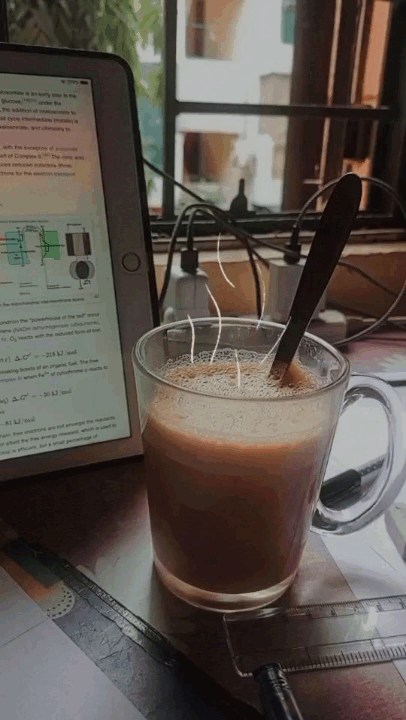

“For last year's words belong to last year's language. And next year's words await another voice. And to make an end is to make a beginning."
— Little Giddings, TS Eliot
#bsc biochemistry#original#chaotic academia#stem academia#studyblr#biotechnology#heygather#heydilli#adelinestudiess#chazzastudiesalevels#problematicprocrastinator#heytess#heypeachblossom#heycoral#meestudies#mittonstudies#linksstudyblr#durhamstudies#biology#uniblr#assignment#college studyblr#productivity#100 dop#study motivation#indian studyblr#desiblr
399 notes
·
View notes
Text
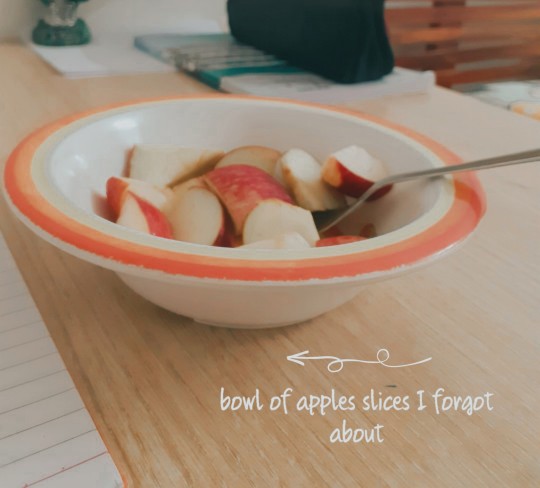

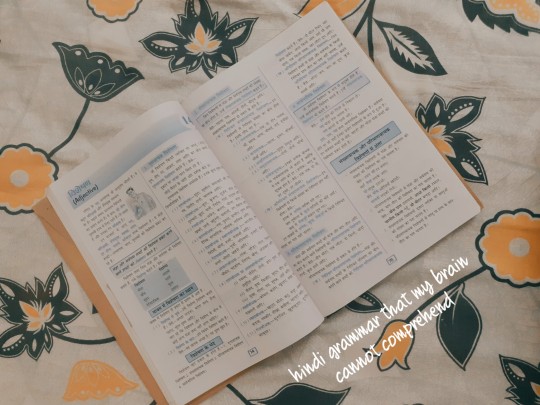
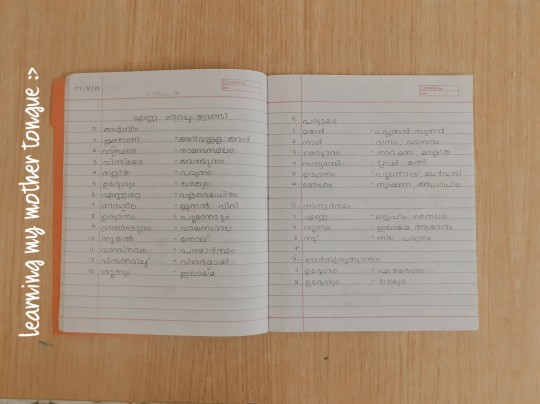
23.08.2022
✧Grammar in all languages is the bane of my existence now. I'll cry if I see the words non finite verbs one more time. My studies are not upto my standards so that's been a [very annoying] stone in my shoe. But on the bright side, I've a newfound love for my mother tongue now and I really love learning it in school ! I also got selected for anchoring in my school celebration that is to be held in less than two weeks [ my state's harvest festival celebrations]. ✧
#quinn notes#studyblr#study aesthetic#studygram#studying#studyspo#student life#study life#heydilli#heyzainab#heycoral#rory gilmore#study#study motivation#study space
285 notes
·
View notes
Text
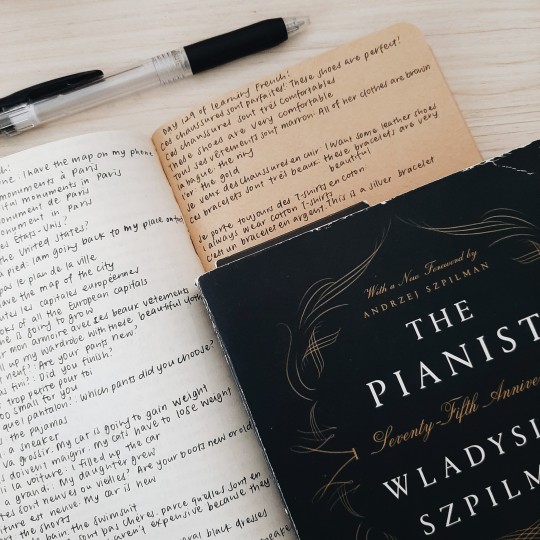
My studygram
Currently reading the pianist
#journal#notes#aesthetic#studyblr#motivation#studyspo#study#bookblr#light academia#light academia aesthetic#french#gloomstudy#heycoral#studyvan#myhoneststudyblr#heydilli#heyzainab#learnelle
700 notes
·
View notes